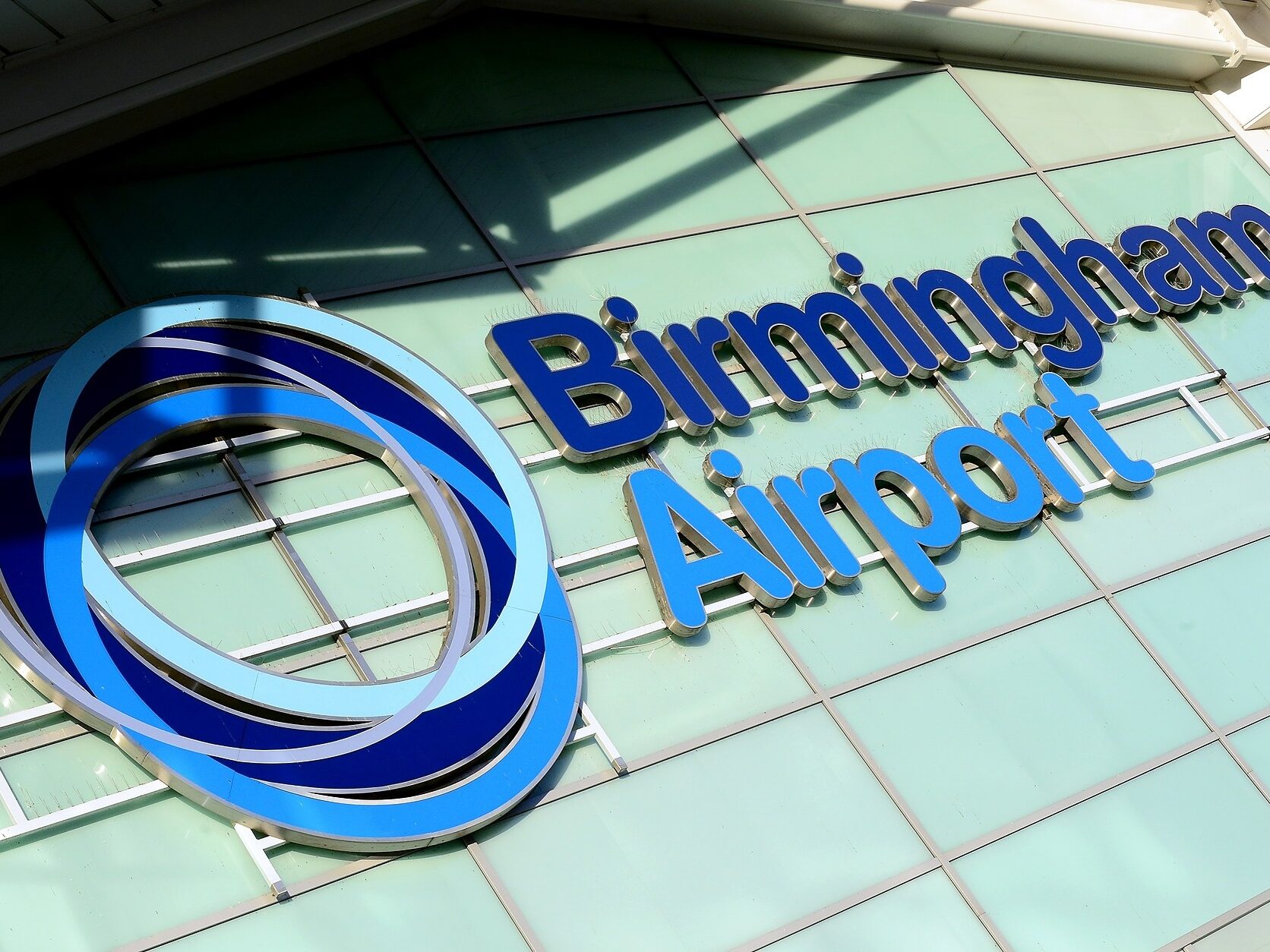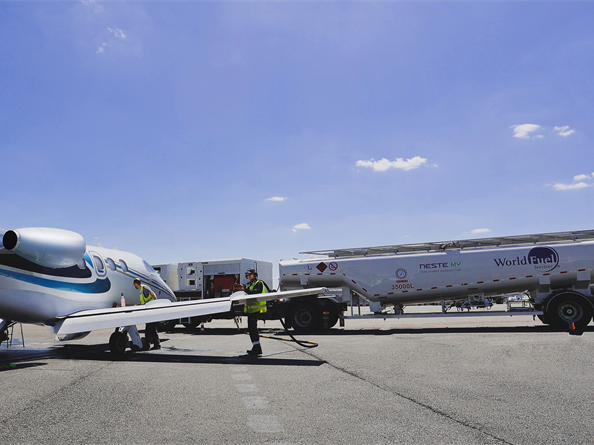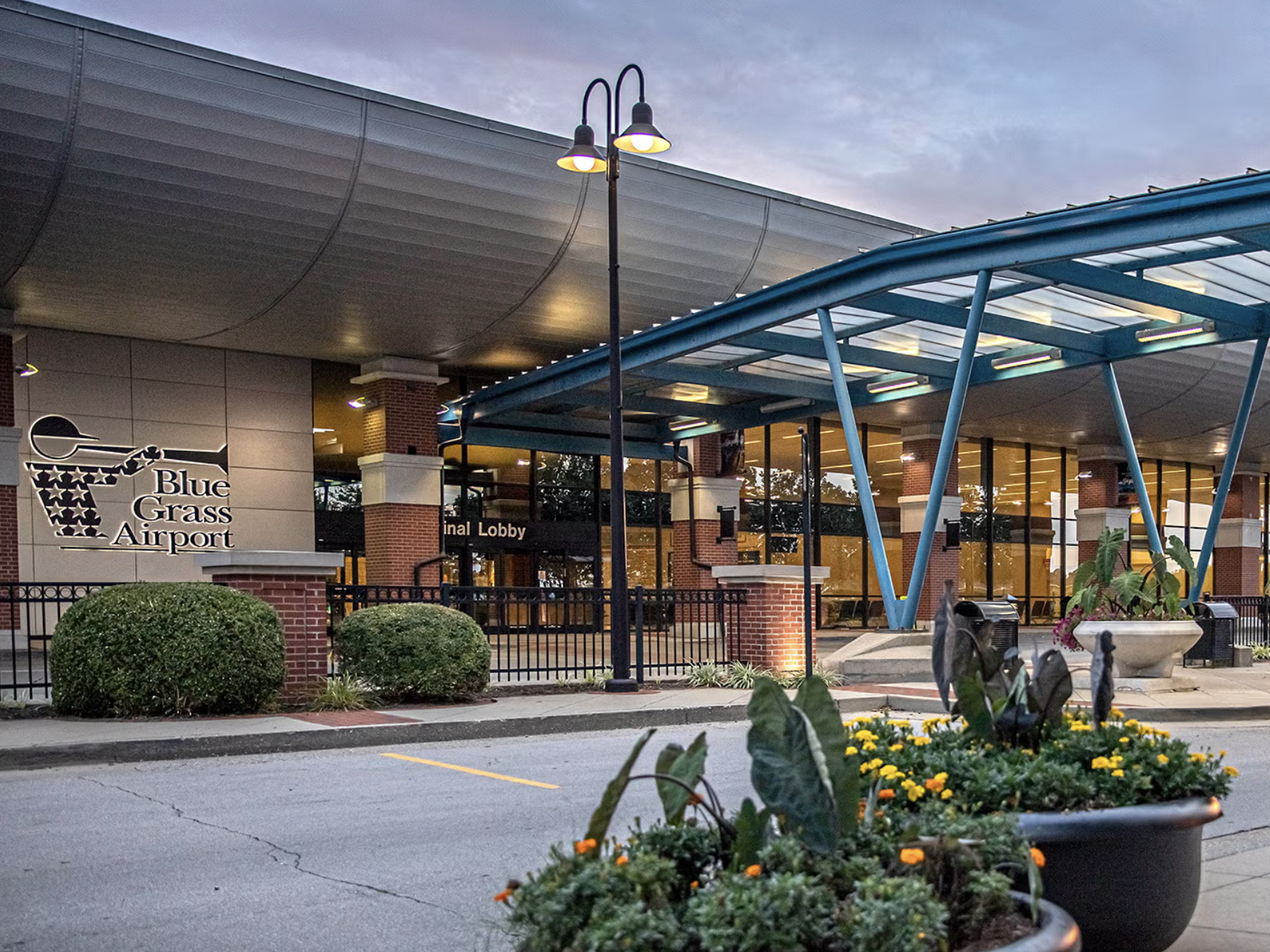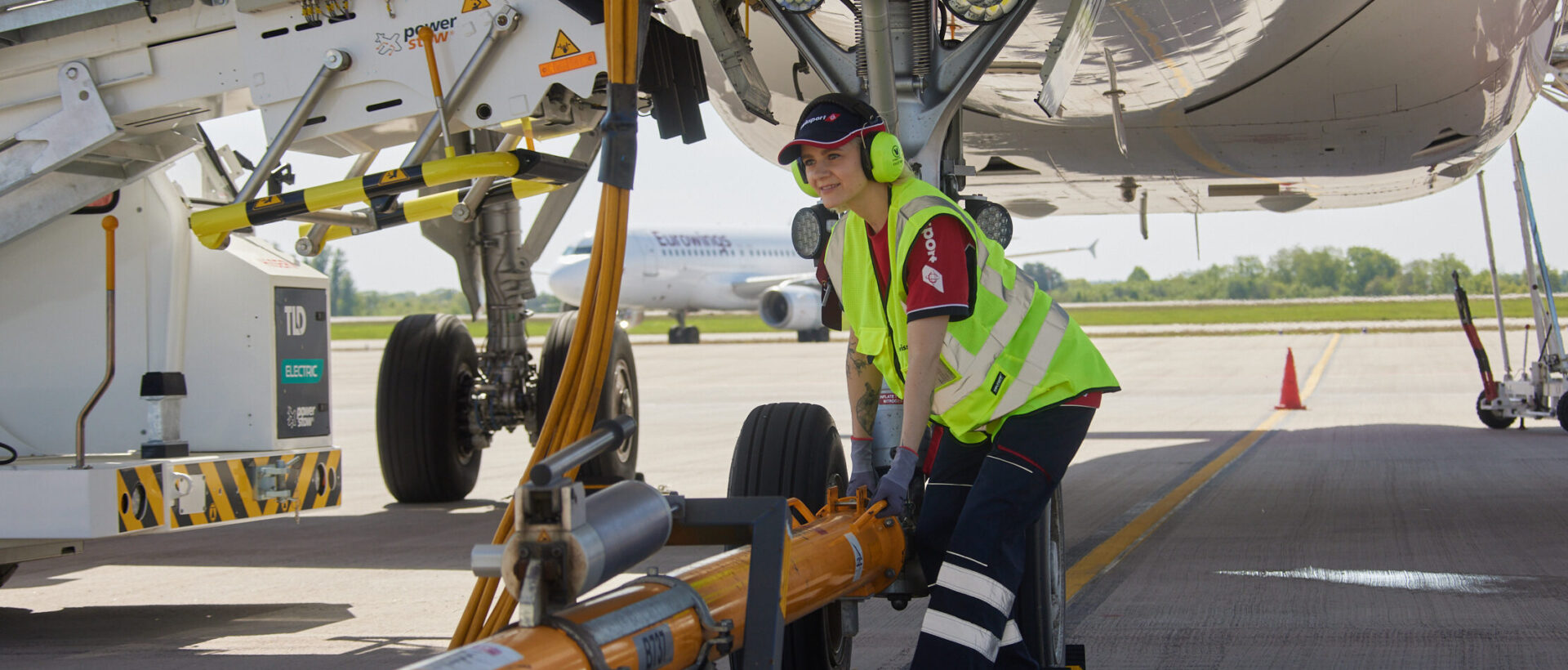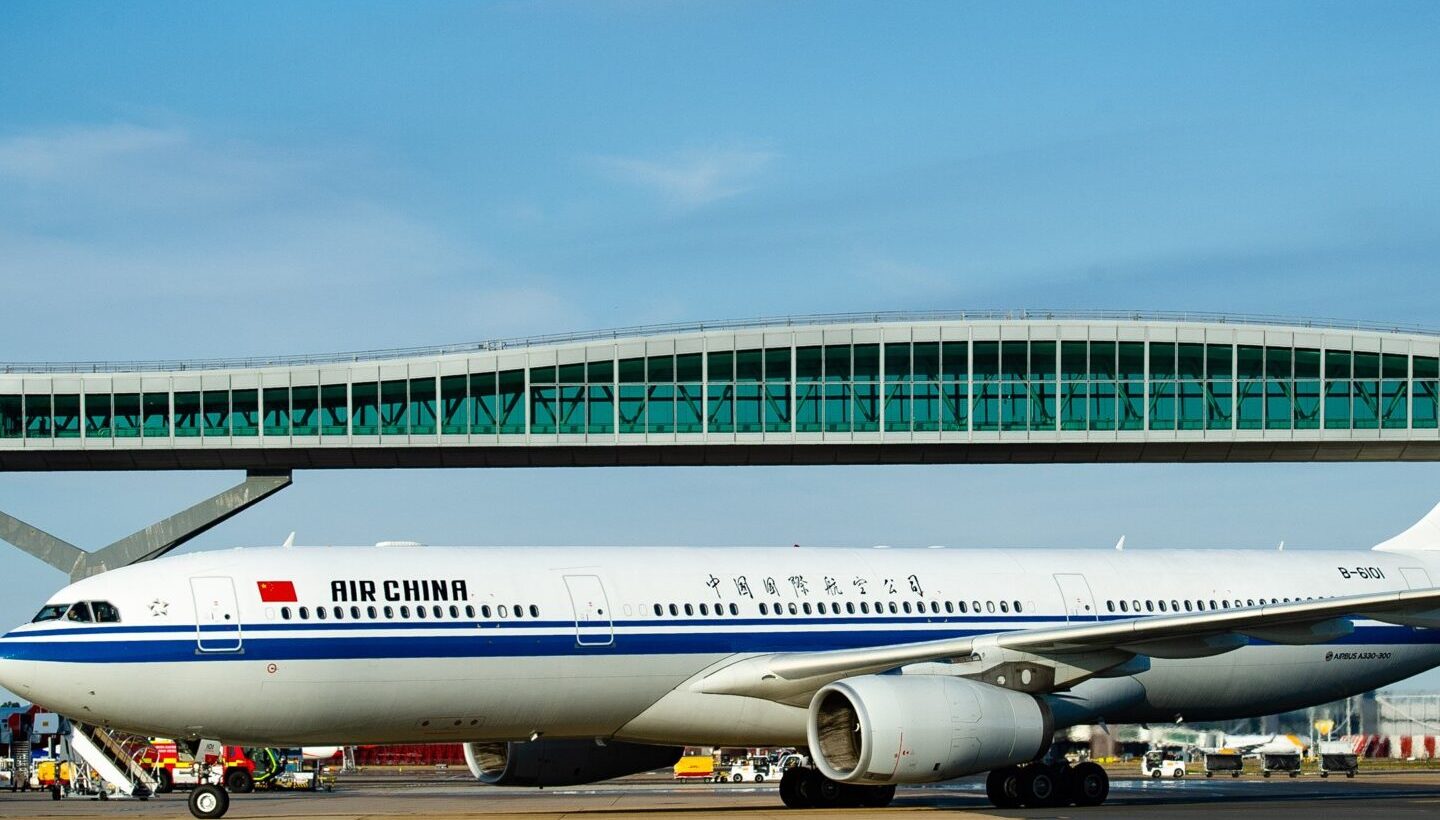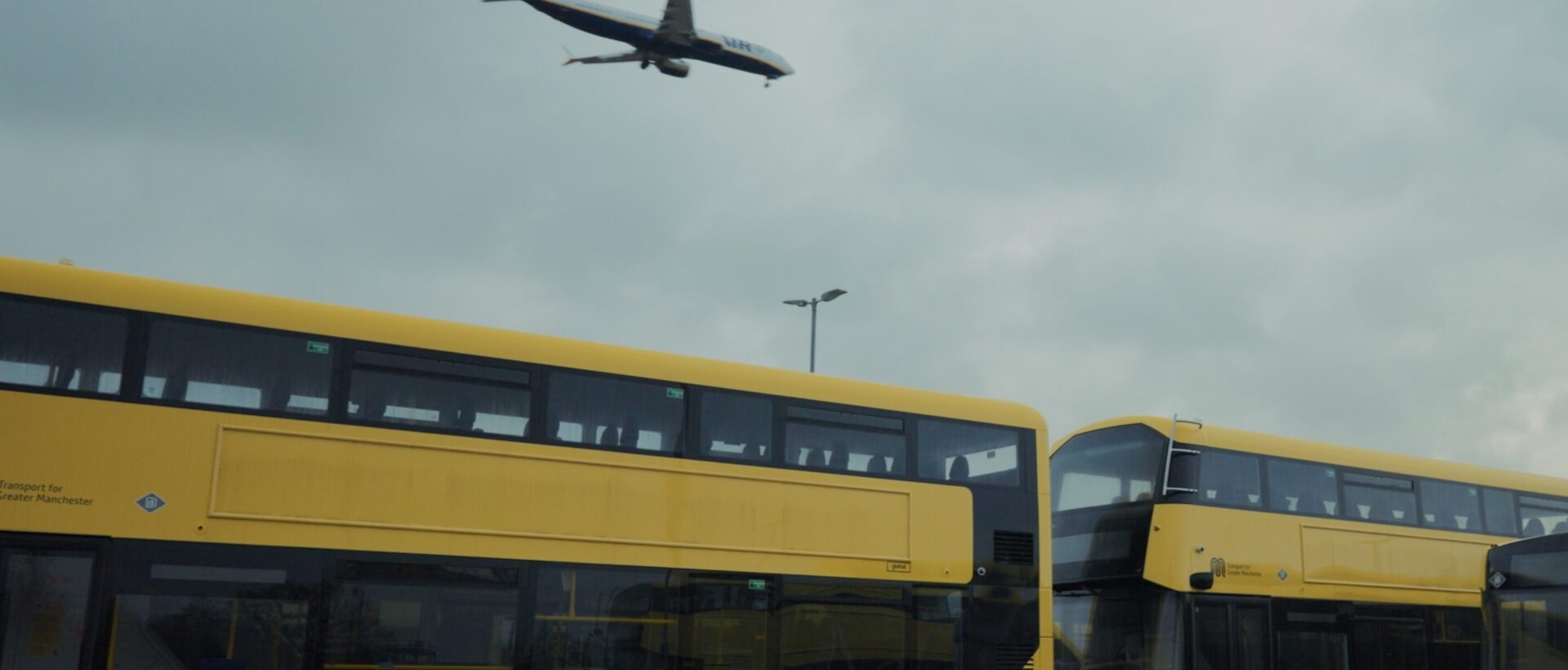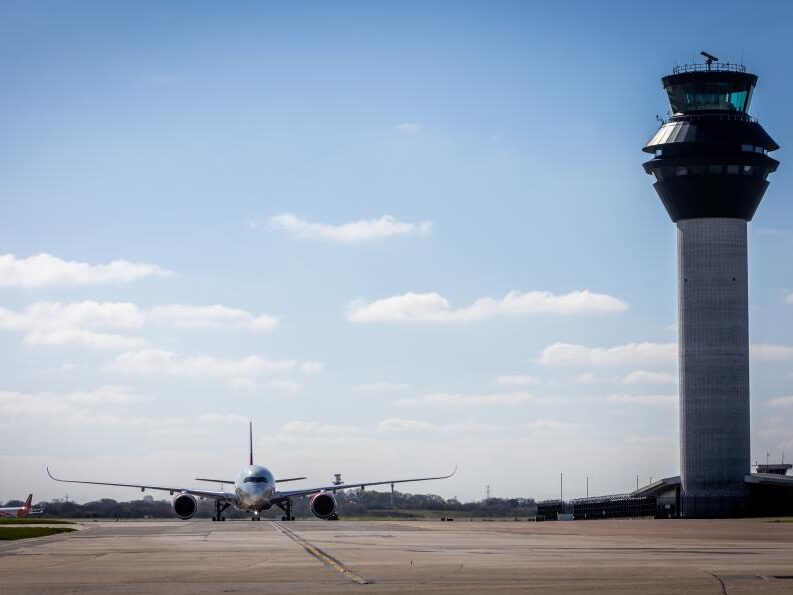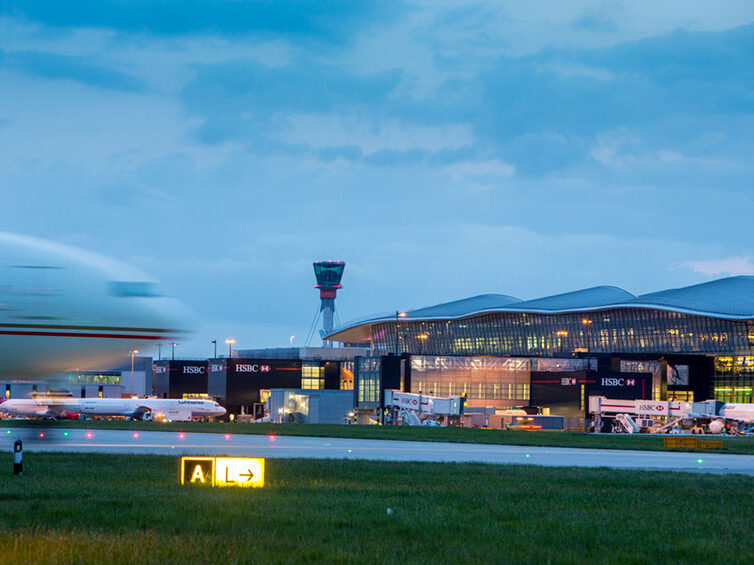London Stansted Airport, in collaboration with Cambridge Cleantech, is exploring opportunities for producing Sustainable Aviation Fuel (SAF) in the East of England.
During a roundtable discussion, experts from the aviation, energy, and sustainability sectors discussed how the region could contribute to the UK’s sustainability targets and support the aviation industry’s transition to greener fuel options.
The event emphasised the East of England’s potential to become a hub for SAF innovation. Delegates highlighted how the region’s infrastructure and expertise could enable it to play a central role in decarbonising aviation while driving economic growth.
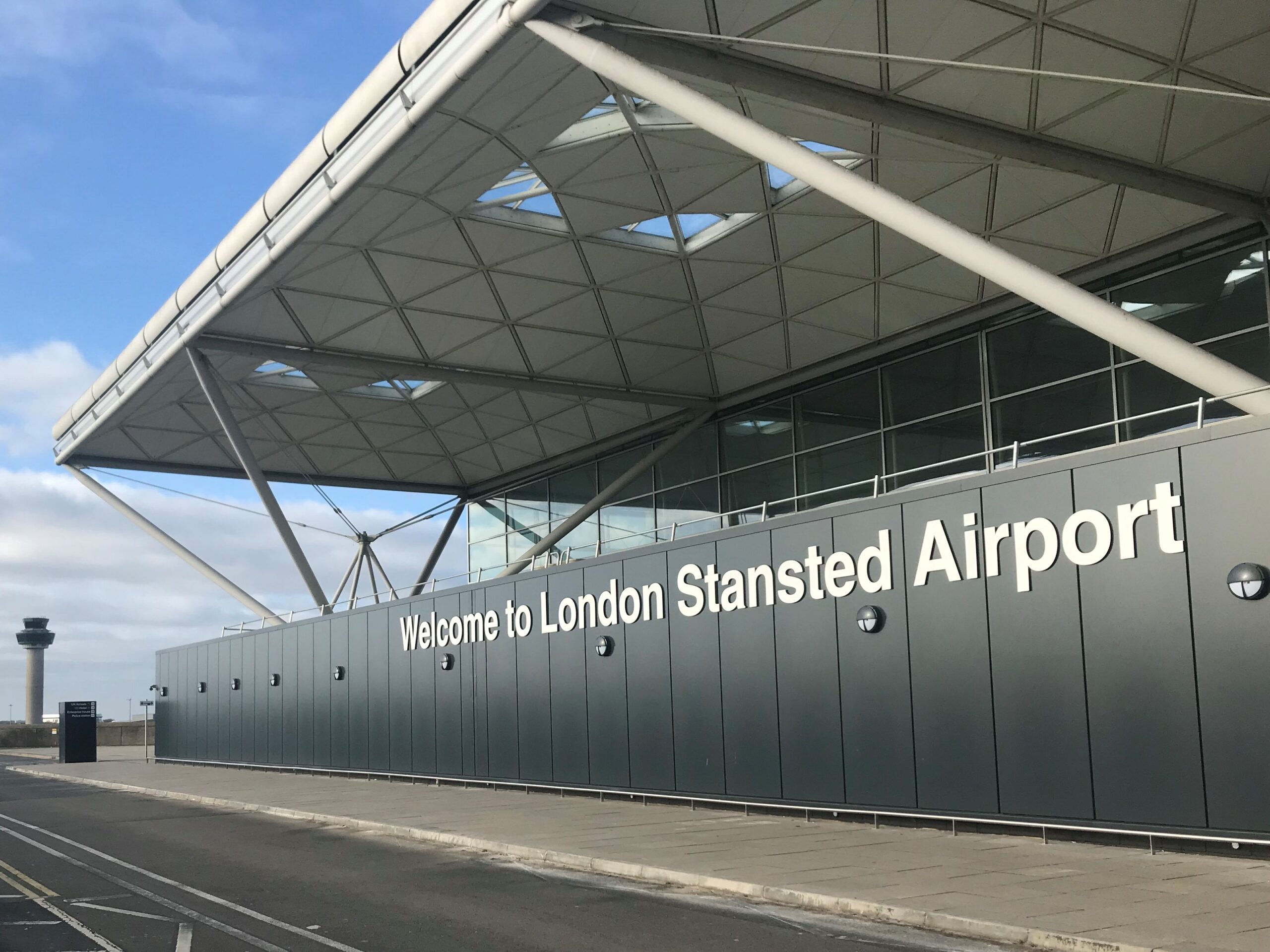
UK SAF Targets
The UK government has set a target for 22% of aviation fuel to be sourced sustainably by 2040, with SAF forming a cornerstone of this strategy. As the aviation sector seeks to reduce its carbon footprint, discussions at the event focused on leveraging the East of England’s assets to meet the growing demand for SAF and position the region as a leader in sustainable fuel production.
The roundtable was opened by Gareth Powell, Managing Director of London Stansted, who outlined the airport’s commitment to sustainability.
Powell stated:We’re really excited to be hosting this important event and bringing people together to explore how the East of England can lead the way in SAF production. At London Stansted, sustainability is at the heart of everything we do. SAF is a crucial part of our plan to reach net-zero carbon emissions by 2038, 12 years ahead of the national target. The East of England has huge potential to not only help decarbonise aviation but also create thousands of green jobs in the process.
Speakers from organisations including Jet2, SSE, LanzaTech, and Innovate UK contributed to discussions on how public and private partnerships can accelerate SAF production.
The event also underscored the importance of innovation in scaling up SAF manufacturing and integrating sustainable practices into the aviation supply chain.
The East of England is seen as well-suited to support the growth of the UK SAF industry, which is forecast to contribute 10.2 billion GBP in economic value and create over 60,000 green jobs by 2050.
London Stansted has already taken steps to incorporate SAF into its operations. In March 2024, Ryanair committed to purchasing 1,000 tonnes of SAF for flights to and from London Stansted, while Jet2 began using blended SAF during the summer 2024 season. These developments signal growing industry confidence in SAF as a viable solution to reduce emissions in aviation.



